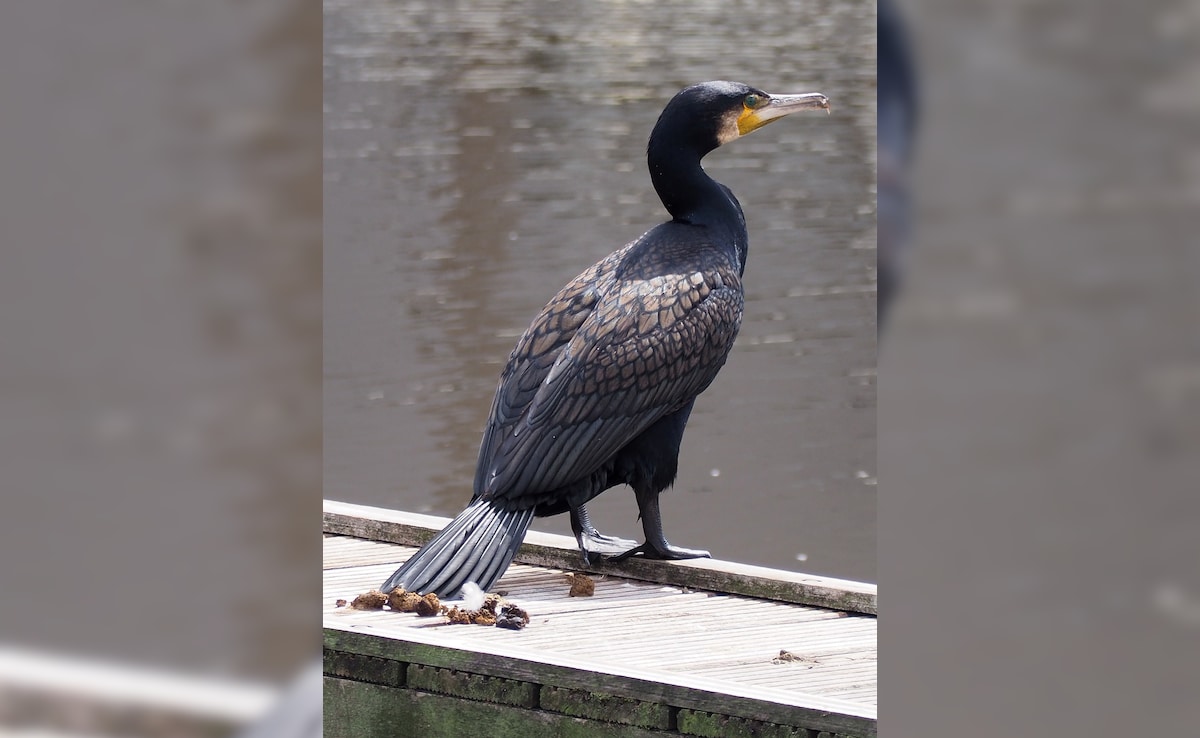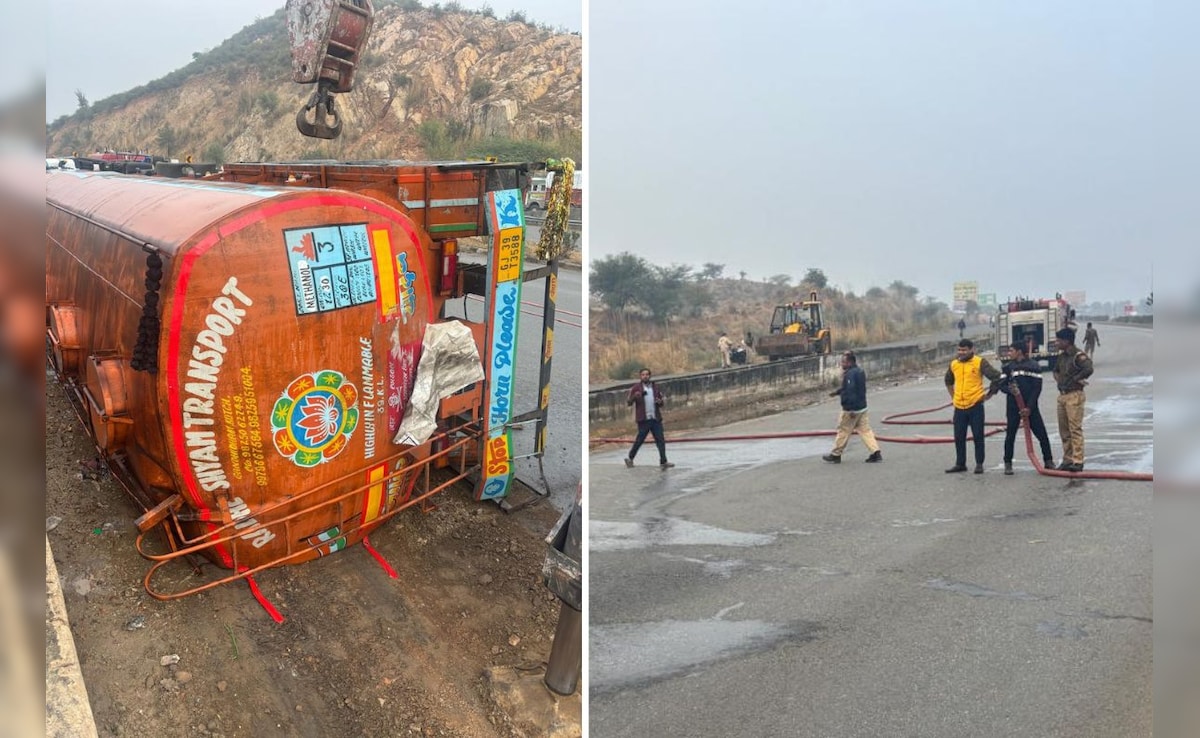Scientists in the US have been collecting bird poop as part of their influenza sampling projects to stop the next pandemic. The shores of Delaware Bay, which sees nearly 25 different species of birds each spring, serve as a “treasure trove” for their research work.
With H5N1 bird flu – a dangerous flu virus – spreading fast through dairy cattle and poultry flocks in the US, researchers have their work cut out, CNN reported.
“It’s a treasure trove around here,” said Dr Pamela McKenzie, who along with Patrick Seiler is a part of the National Institutes of Health-funded research team at the St. Jude Children’s Research Hospital. The team has been collecting bird poop for the past four decades.
How it started
Dr. Robert Webster, a virologist from New Zealand, is believed to be the first to understand that flu viruses are coming from the guts of birds. The project is the 92-year-old’s brainchild. Although he has retired now, Webster joins the team whenever he can.
Speaking to CNN, Webster said they were “most amazed” to find that “instead of in the respiratory tract, where we thought it was, it was replicating in the intestinal tract and they were pooping it out in the water and spreading it”.
The bird poop, also referred to as guano, that comes from the infected ones is teaming up with viruses.
Two of the known influenza subtypes have been found in birds, while the other two have so far been linked to bats.
In 1985, Webster and his team made its first trip to the Delaware Bay. Back then, the team found that 20% of the bird poop samples they collected contained influenza viruses. Since then, this area has served as an ideal observatory to track flu viruses travelling in birds.
Predicting the future
Researchers believe the discovery of a new flu virus here might help the world with an early warning.
Dr Richard Webby, who now looks after the project, has termed it one of the longest-running influenza sampling projects of the same bird populations.
“To predict the bad things, whether it’s a tornado, whether a pandemic, you’ve got to understand normal now…From there we can detect when things are different, when it changes hosts and what drives those transitions,” said Webby, who leads the World Health Organization’s Collaborating Center for Studies on the Ecology of Influenza in Animals at St. Jude.














